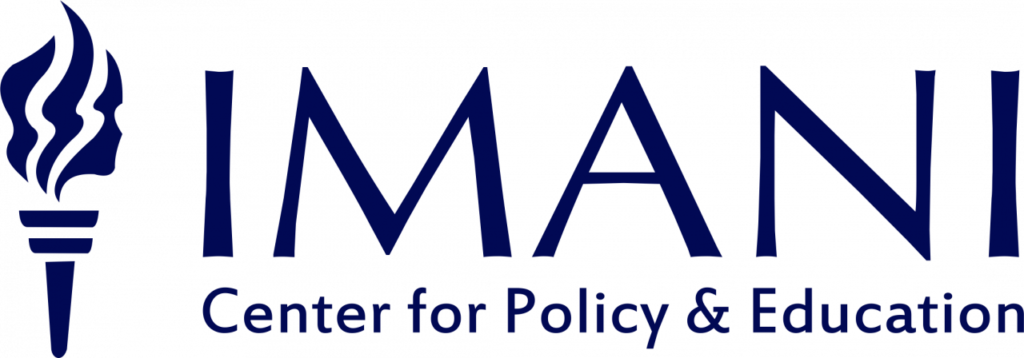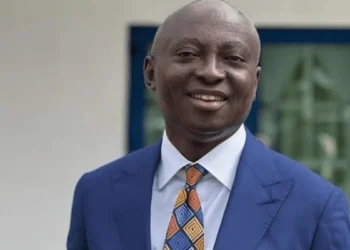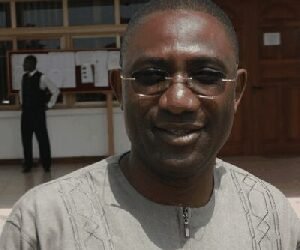Kay Codjoe of IMANI Africa has argued that Ghana’s economy is not an abstract set of figures but a lived reality for ordinary people, and that the establishment of a Fiscal Council is a promise the nation cannot afford to break.
According to him, behind every percentage point of debt or arrears lies the story of a teacher waiting months for salary arrears, a market woman struggling with rising prices, or a contractor left unpaid after completing government projects.
Ghana has endured a recurring cycle where election seasons drive excessive spending, bending fiscal rules and leading to unsustainable debts. Codjoe recalled that when the cycle ends, it is citizens who bear the weight of belt-tightening while the state turns to the International Monetary Fund for rescue.
He pointed to public debt nearing the size of the economy, domestic arrears stretching into several billions, and persistent energy-sector debts as evidence that reckless fiscal practices harm livelihoods and services.
In his analysis, he recounted a recent national dialogue brought together the Ministry of Finance, the Constitutional Review Committee, civil society, development partners, and the media to consider how the Fiscal Council can move beyond paper and have a real impact.
Codjoe explained that the gathering was not intended as another routine policy conversation but as an opportunity to design a framework that would function in the lives of ordinary citizens. “Behind every figure on debt or arrears is a real human story. That is why the creation of a Fiscal Council matters,” he wrote, emphasizing the need for credibility and independence in the institution’s structure.

Many questions remain about how independent the Council can truly be. Participants from the dialogue expressed fears that like other so-called independent institutions, it could be sidelined once it challenges political authority. Citizens demanded assurance that leaders and staff of the Council would be selected based on competence rather than partisan loyalty.
Codjoe stressed that reliable data will be critical to the success of the Fiscal Council. Fiscal rules, he argued, are meaningless without accurate and timely information from ministries, agencies, and state enterprises. He argued that without penalties for withholding or distorting figures, the Council risks being ineffective.
Politics and Fiscal Discipline
For the policy analyst, Ghana’s entrenched political culture often undermines fiscal responsibility. Election-year excesses, patronage networks, and hidden liabilities have repeatedly derailed economic stability.
He wondered whether the Council would only review deficits after damage is done or whether it would be mandated to test major projects and policies in advance. He observed, however, that there was wide agreement that the Council must scrutinize the “black holes” of national finances such as state-owned enterprise arrears, energy debts, and hidden liabilities.
Without this, he warned, the Council would remain a symbolic body unable to confront the real drivers of fiscal distress. Codjoe also described trust as a central theme of the debate.

He noted that independence is not only secured through legal protections but also through communication with the public. He argued that technical reports buried in jargon would alienate citizens.
“If the Council explains in plain language what the numbers mean for inflation, for jobs, and for debt, then Ghanaians will listen, question, and hold leaders accountable”
Kay Codjoe, IMANI Africa
He also cautioned that the Council would fail if the Executive dominates its appointments or starves it of resources. It would also fail, he warned, if poor data practices persist or if its reports are ignored or politicized. For success, Codjoe envisioned a Council that publishes reports consistently, improves fiscal balances modestly each year, reduces arrears, lowers borrowing costs, and exposes hidden liabilities.
According to him, a Council that earns trust will do so not by flattering governments but by telling citizens the truth in simple, accessible language.
Codjoe concluded that the Fiscal Council is not an economist’s plaything or a donor’s experiment but a tool for the people of Ghana. For it to succeed, Parliament must entrench safeguards, the Executive must respect its independence, institutions must provide credible data, and citizens must engage with its findings.

He urged that this time Ghana must keep its footing, stressing that the Council must belong to teachers, traders, nurses, students, and all who shoulder the consequences of reckless spending.
For once, he wrote, the country must build an institution anchored for the future rather than captured by the moment.
READ ALSO: Tourism, Agriculture, and Trade Get a Slice of Ghana’s $617m FDI Cake























